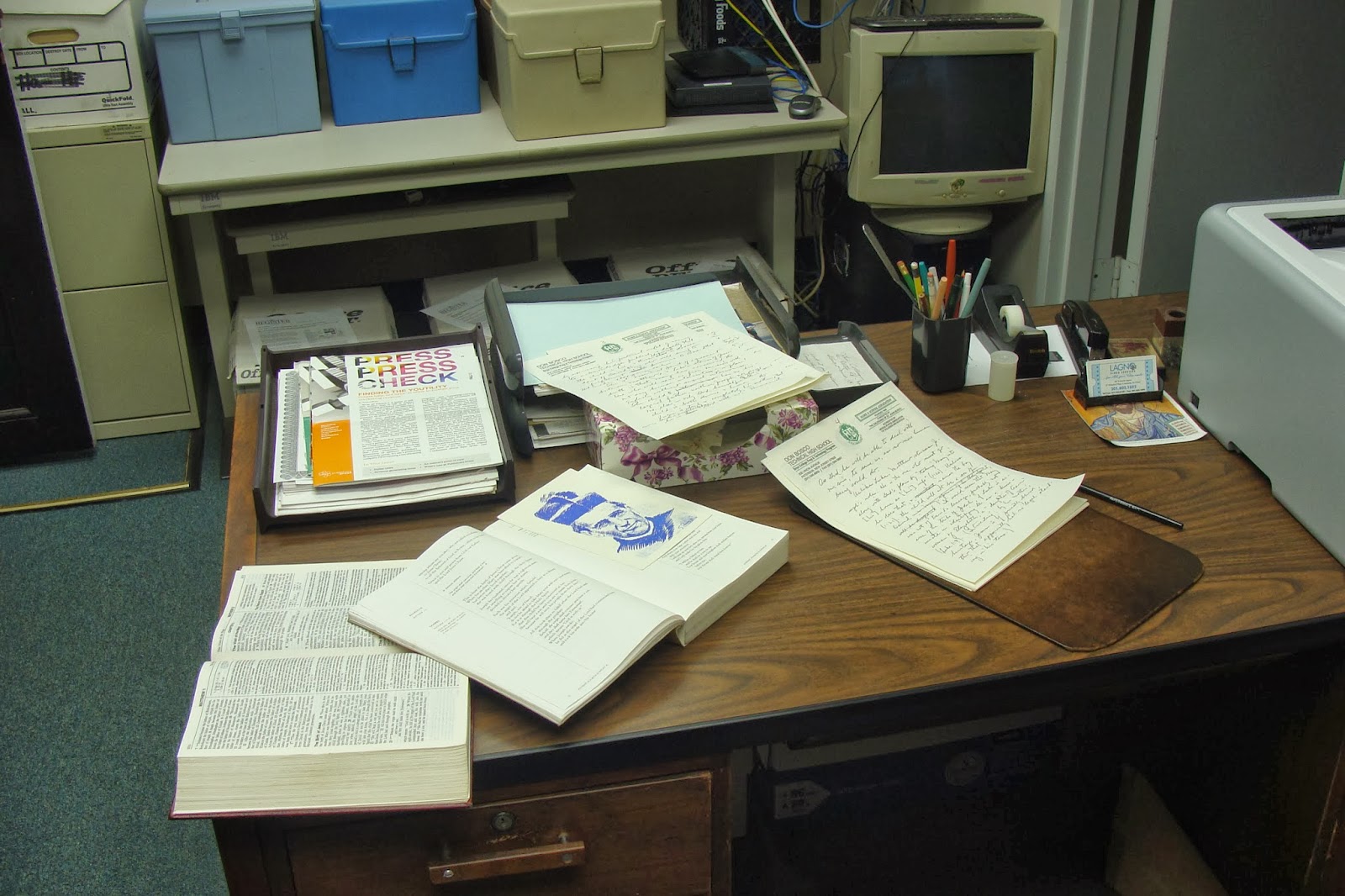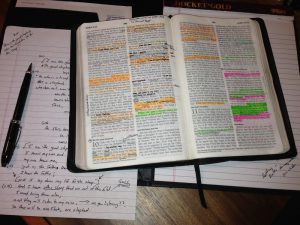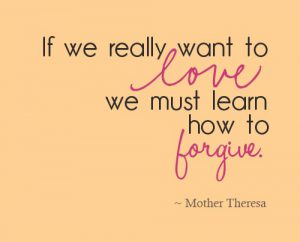Writing a Sunday Homily

I am not keen on posting my homilies because of the manner of their gestation. I always write out my Sunday homilies for three reasons: memory, mine is untrustworthy: timing, the length limited to one single typed page (sometimes with wide margins!); consistency, I usually celebrate three Sunday observance Masses.
The text of the homily is the result of my own reading and praying on the scripture beginning about Wednesday of the week, figuring out what ‘should be said’ about the scripture; then I read commentaries to learn more about the readings and sometimes I read others’ homilies on the text. I search for a central idea around which to present what ‘should be said’.

Source: sdbnews.blogspot.com
My purpose is to have a coherent first draft of the homily by Friday evening, ready for polishing before the first Sunday observance Mass on Saturday at 5 p.m. There is no academic rigour here, no referencing sources or quotations, etc. Ideas are boldly borrowed if they help.
The homily is the result of a hodgepodge of my own thoughts and prayer and that of all I have read and learned from others concerning the Sunday readings. The intent is to present a unified, prayerful, inspiring ‘opening up the scriptures’ for God’s people each Sunday.
With all this in mind, here is the script of the homily I presented for the 24th Sunday of Ordinary time A Cycle, on September 17, 2017.
++++++++++++++++++++++++++++++++++++++++++++++++++
24th Sunday A 9.17.17 Homily
My sister’s family in Airdrie Alberta are the huggingest family. There are hugs of hellos and hugs of goodbyes and other hugs interspersed between. Most people like a hug though some don’t! Usually hugs are to show affection– love.
But the Book of Sirach today tells us that we sinners also hug anger, bigotry, big and little hurts, vengeance. We “hold on to them”, hugging them tightly to ourselves. The passage of scripture also tells us to release them and let them go so that the ‘most High’ will over look our sins.

Source: vidacaixa.es
Today’s Psalm reminds us that our loving God wants to absolve our sins– “The Lord is merciful and gracious…abounding in steadfast love.” In his letter to the Romans Paul reminds us that we belong to God. We are to be like our loving God; we are to imitate our God. We are to be like Jesus living not for ourselves but for others.
If we missed the point of those readings, the Gospel makes it clear. Forgiveness is essential to being God’s people. We are to be like God by forgiving others who harm or hurt us. And we all know that people hurt others. We hurt others. We all need forgiveness and we all need to forgive.
And yet we still hug our anger, hurts, hate, and desire revenge. Sometimes we say, “I can forgive but I will not forget.” What we really mean is “I will remain angry even if I will never act upon it. I will hold back my hurt and anger by an act of my will. I’ll simply suppress my reaction.”
But that is only the beginning of forgiveness– True forgiveness goes deeper, to even forgetting the wrong. (In Confession– God does not simply forgive; God forgets).

Source: pinterest.com
To really forgive requires a sacrifice, that of taking upon oneself the consequences of what was done to cause that hurt, that anger, whatever. That can only be done out of love. True forgiveness always involves sacrificial love.
The king in the parable story in the Gospel knows that. He sacrificed. The price he paid for not hugging his money, the debt he was owed, was to forfeit it. He sacrificed it for the good of the slave and his family. It hurt. To forgive hurts. But in absorbing that hurt, there is a liberation.
When someone forgives me it is because that person absorbs the hurt I have caused them. They take on themselves the consequences of what I have done to them.
They make that sacrifice. And their loving action breaks the chain of hurt. Yes, forgiveness always entails a sacrifice.
Jesus insists in this Gospel story that we who are forgiven must be willing to forgive others in the same way, in spite of the consequences to ourselves.
The slave in the story did not! He did seem to understand the king’s gift to him. He was not grateful. And so he did not act like the king.
The true motivation for forgiveness is gratitude based on love. If someone takes pity on me out of love, then my authentic reaction should be deep appreciation and a desire to pass that gift on.

Source: lovesquotesmessages,com
If God has forgiven me, then I should want to pass on that on to some else, especially if I have been hurt by that person.
Hugging our personal hurts only hurts ourselves spiritually and sometime even physically. And In any relationship whether in marriage, in families, communities, and in countries, hugging anger, hurts, vindictiveness is like a cancer.
Loving forgiveness is a life giving force that “reconciles, unites, empowers.”
Homework for the week:
1. Think of a time that I have really forgiven someone who has hurt me. Remember the experience of being freed. Thank God for that grace.
2. Think of what hurt, grievance, anger that I am still hugging. Ask God for the gift of being freed from it. To forgive and forget.
3. Pray the ‘Our Father’ every day this week fervently paying particular attention to “forgive us our trespasses as we forgive those who trespass against us.




No Comments